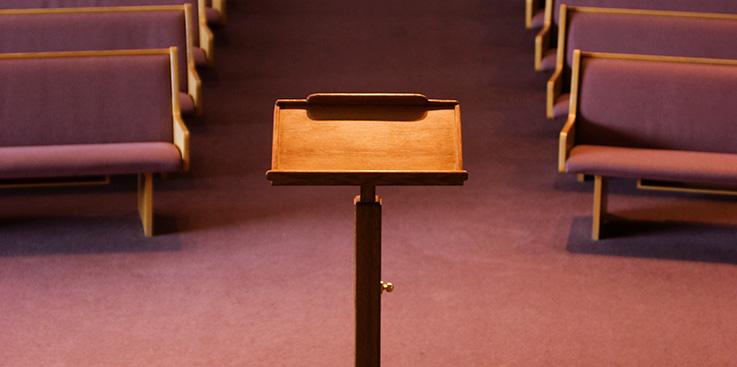When Christianity debuted in the world, the people of the day, both Jews and Greeks, had much to say about it being a new doctrine.
When Christ rebuked an evil spirit, commanding it to come out of a man, the people “were all amazed, so that they questioned among themselves, saying, ‘What is this? What new doctrine is this?’ ” (Mark 1:27). When Paul came to Athens and began to preach Christianity, the people inquired, “May we know what this new doctrine is of which you speak?” (Acts 17:19).
Various other passages could be given showing that the teachings of Christianity were considered new and strange.
In the heart of the Reformation in the sixteenth century, the most common argument against the teachings of the Reformers was that they were new. The argument was similar to the one we are addressing here in this article; they said, “If what you Reformers say is true, how is it that these doctrines were not discovered before?”
But did such charges against Christ, the apostles, and the Reformers prove that their teachings were not of God? When Christ or His disciples were confronted with the charge, they always denied it, declaring that they did not preach new, strange doctrines, but that, as Paul affirmed, they preached “no other things than those which the prophets and Moses said would come” (Acts 26:22).
When the charge was made against the Reformers, they proceeded to show from the Bible that the doctrines they preached were not new but ancient.
As we read history, we marvel at the charges made against Christ and the Reformers, wondering why people were so slow to discern truths that now seem so evident. But the fact that they were so slow is not an indictment against true doctrines, but of faulty human reasoning and hearts.
The Sabbath doctrine is not new; it is as old as creation. Although this Sabbath truth was suppressed for centuries and did not burst forth again until relatively modern times, there has never been a time when a faithful few did not keep it—many times at the risk of their lives. Likewise, the truth of righteousness by faith was almost wholly lost for more than a thousand years and did not burst forth again until the sixteenth century!
Why don’t more thought leaders believe this Sabbath truth? What of the thought leaders in the days of Christ? It was the common people who heard Christ gladly, and His disciples were ordinary people, such as fishermen. The thought leaders of Christ’s time endeavored to argue people out of accepting Christ by inquiring, “Have any of the rulers or the Pharisees believed in Him?” (John 7:48).
What was it that Paul declared to the early believers? “You see your calling, brethren, that not many wise according to the flesh, not many mighty, not many noble, are called” (1 Corinthians 1:26). And what about all the thought leaders in the time of the Reformation? Church dignitaries were spending their time trying to catch Martin Luther and others, to burn them.
It is true that God has among thought leaders many honest hearts, and that from their ranks will finally be drawn strong believers in the Sabbath. But even if none should believe, the seventh day would still be the Sabbath of the Lord, for no man is big enough to change God’s Commandments.
Why don’t more people keep the Sabbath if its so important?

